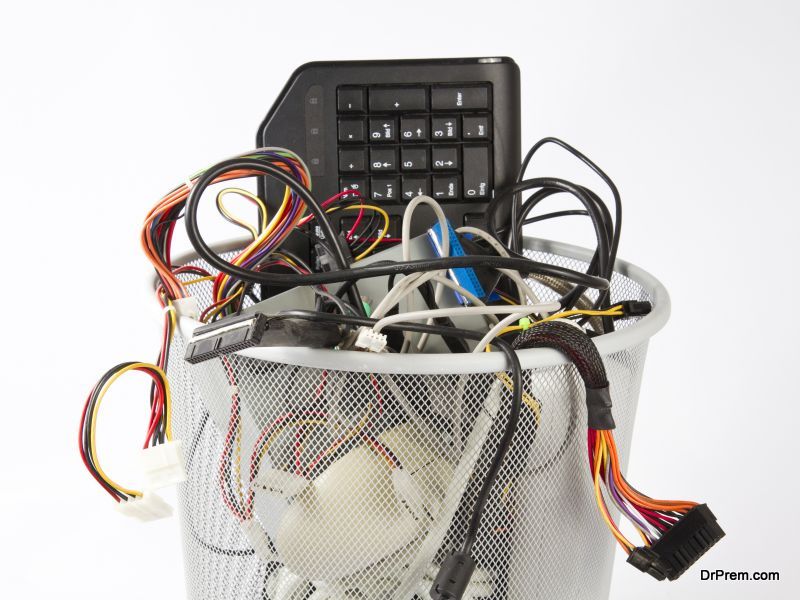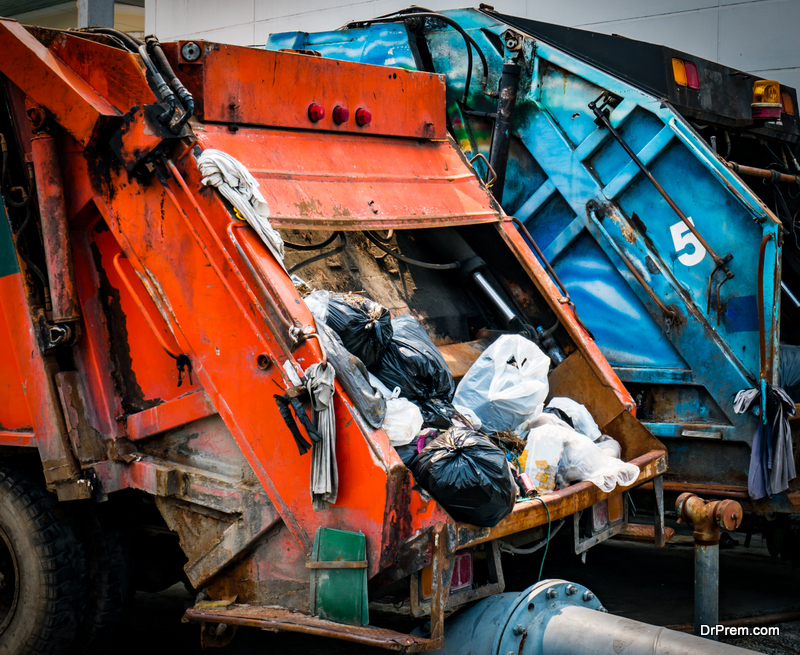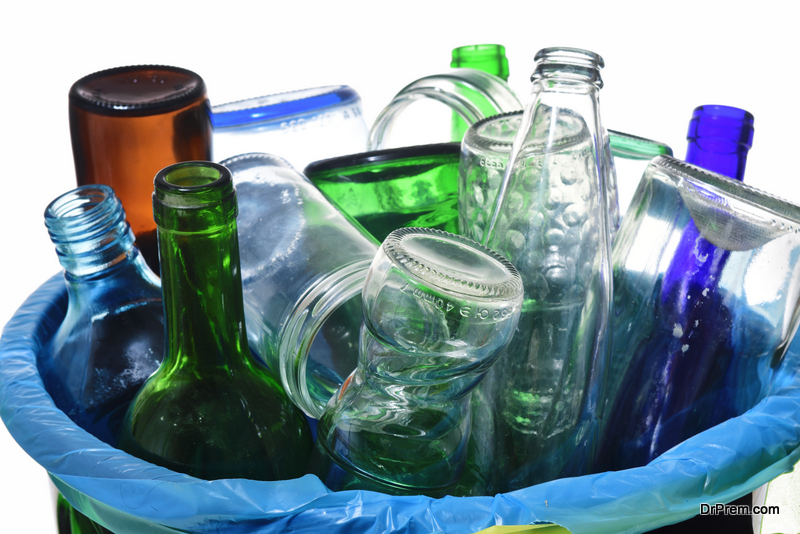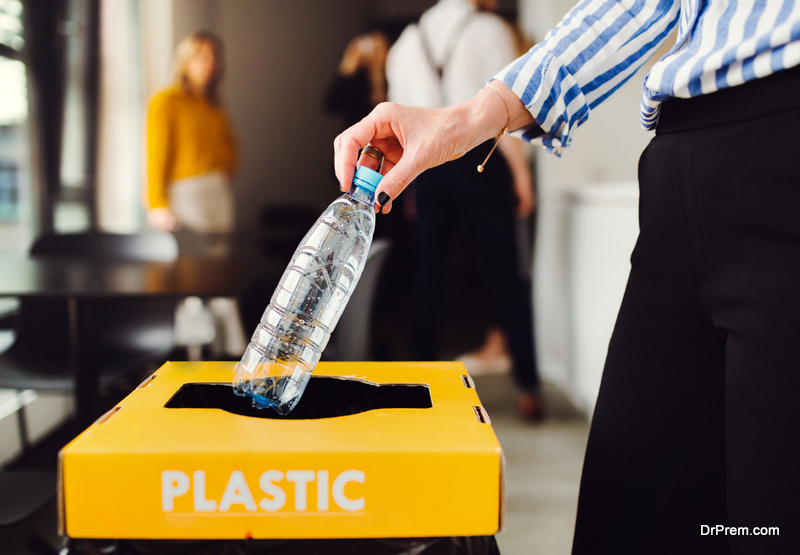Each business entails its own waste. However, it isn’t the waste, but how you deal with it that matters. The most important thing is to assure that the waste that your organization produces doesn’t end up in landfills. Furthermore, you should also identify the opportunities for a better waste disposal. It’s just easy if you do it right. Reducing your business’s waste saves money in the long run and also benefits the environment. By encouraging reuse, recycling and resource recovery in the business, the amount of waste that ends up in the landfill is greatly reduced.
1. Know and Quantify Your Business Waste
 A quick check of your bins will help you understand the types of waste you generate. This a great step to identifying materials you could recycle or reuse. It’s also important to gauge the amount of waste that’s being collected from different sites of your business. For large businesses, weighing the contents of your skip bag may give a more accurate figure. You can usually take a look before the arrival of the collection truck. Incase you can’t accurately measure the contents; just note their fullness and find out the frequency of waste collection. Having this information will help you know the amount of waste that your business gets to produce within a defined time frame.
A quick check of your bins will help you understand the types of waste you generate. This a great step to identifying materials you could recycle or reuse. It’s also important to gauge the amount of waste that’s being collected from different sites of your business. For large businesses, weighing the contents of your skip bag may give a more accurate figure. You can usually take a look before the arrival of the collection truck. Incase you can’t accurately measure the contents; just note their fullness and find out the frequency of waste collection. Having this information will help you know the amount of waste that your business gets to produce within a defined time frame.
2. Reduce the Amount Going to the Landfill
As much as landfills tend to handle tons and tons of wastes, it still poses severe economic, environmental and health impacts. It also has a slow decomposing rate. Your business should try to identify opportunities to reduce, reuse and recycle generated wastes. Think it through if the amount of waste generated is avoidable by changing the way the business operates. Does any other department or local business have used for the waste materials generated? What generated materials can be targeted for recycling?
3. Find Local Waste Collectors
 With facts about the quantity of waste your business generates over a specific time and what can be redirected from the collection, you can easily find out which are the trustable waste collectors around you. Check the list of skip hire or government recycling service providers for collection, transport and drop-off at designated sites.
With facts about the quantity of waste your business generates over a specific time and what can be redirected from the collection, you can easily find out which are the trustable waste collectors around you. Check the list of skip hire or government recycling service providers for collection, transport and drop-off at designated sites.
4. Get the Nitty Gritty of Waste Recycling and Collection Contracts
Securing the most suitable way to collect the recovery of the materials you produce is extremely vital. Consult the local council or available private waste service provider for the most appropriate collection arrangement for the business. It’s also important to investigate the recycling contract measures along with the impact your waste. For instance, the size of your garbage bins or skip bags determine if they can hold the wastes you generate for a week or more before they’re picked up. If not, see into the adjustment of the agreement in the contract to accommodate a suitable collection frequency.
5. Device and Implement Material Collection Systems at Your Premise
 Once you know the type of wastes your business generates, how you separate the collected materials into the bins or skips influences how he waste is collected. Coordinate all the departments to ensure the generated waste is sorted correctly.
Once you know the type of wastes your business generates, how you separate the collected materials into the bins or skips influences how he waste is collected. Coordinate all the departments to ensure the generated waste is sorted correctly.
6. What of Trash Compactors?
Trash compaction reduces the volume of the trash, minimizes odors, limits fire damage and also protects against pests and other scavengers. Depending on whether you generate dry or wets wastes, you can deliberate it with the service providers before choosing the someone who satisfies your requirements.
Article Submitted By Community Writer


